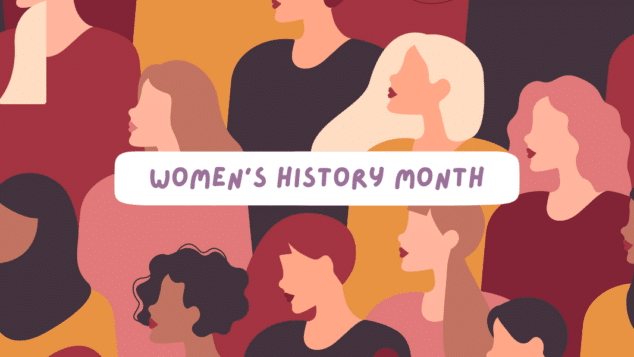Equal Pay Act Amendments

Q: Do the new Illinois requirements about asking job applicants their salary histories impact associations?
A: In an effort to close the wage gap between men and women, Illinois Governor J.B. Pritzker recently signed a new law making it illegal for Illinois employers to ask job applicants (or their previous employers) about their salary history. This new law is an amendment to Illinois’ existing Equal Pay Act of 2003 (Equal Pay Act) and will go into effect on September 29, 2019.
Under the new law, it is illegal for an Illinois employer (or employment agency) to (i) screen job applicants based on their current or prior wages or salary histories (including benefits or other compensation) by requiring that an applicant’s wage or salary history satisfy minimum or maximum criteria; (ii) request or require a wage or salary history as a condition of being considered for employment or for an interview, continuing to be considered for an offer of employment or as a condition of an offer of compensation; (iii) request or require that an applicant disclose wage or salary history as a condition of employment; (iv) ask an applicant’s current or former employer for the application’s wage or salary history; or (v) retaliate against an applicant that fails to comply with the employer’s wage or salary history inquiry.
Not all salary discussions are barred. While Illinois employers may not inquire about an applicant’s wage history, they may provide an applicant information about the wages, benefits, compensation or salary offered in relation to a position and engage in a discussion with the applicant about his or her expectations with respect to compensation.
If, in the course of those discussions, an applicant discloses or voluntarily shares his or her current or prior wage or salary history (including benefits or other compensation), the employer will not be in violation of the law. However, if the employer considers or relies on an applicant’s voluntary disclosure of their current or prior compensation in determining whether or not to give the applicant the job or in determining the compensation package offered, the employer will have violated the Equal Pay Act.
The new law also prohibits an employer from preventing or seeking to prohibit employees from disclosing or discussing information about their own wages, salary, benefits or other compensation. If, for example, an association’s employee handbook or policies prohibit or discourage such conversations amongst employees or others, it should revise those policies to avoid violating the new provisions of the Equal Pay Act. It is important to note, however, that the law does not prevent an employer from requiring its HR professionals, supervisors or other employees whose job provides access to the wage and compensation information of its other employees to maintain the confidentiality of such information.
The consequences of violating Illinois’ new law are severe. Employees may bring a civil action against employers for and are entitled to seek and recover actual damages, special damages up to $10,000, injunctive relief, costs and attorney’s fees. In addition, employers also are subject to civil penalties of up to $5,000 for each violation. Illinois is not alone in adopting laws that prohibit employers from asking job applicants about their prior salary history. Multiple other states have adopted similar provisions.
In light of these requirements, associations should review their job applications, interview questions, hiring processes, compensation practices, employee handbooks and policies and make any changes necessary to ensure they are in compliance with the laws in their state.
The answers provided here should not be construed as legal advice or a legal opinion. Consult a lawyer concerning your specific situation or legal questions.
Tags
Related Articles
POV: My First Time at Women’s Executive Forum™ Was Inspiring and Invigorating
A first-time attendee of the Women’s Executive Forum 2025 reflects on the event’s inspiring energy,...
It’s Not Too Late! Celebrate Women’s History Month in March
Celebrate Women's History Month in Chicago with these five impactful ideas to honor, empower, and...
Honoring Black History Month: What to Read, Watch, and Do in Chicago This February
Discover meaningful ways to celebrate Black History Month in Chicago through books, films, and local...




